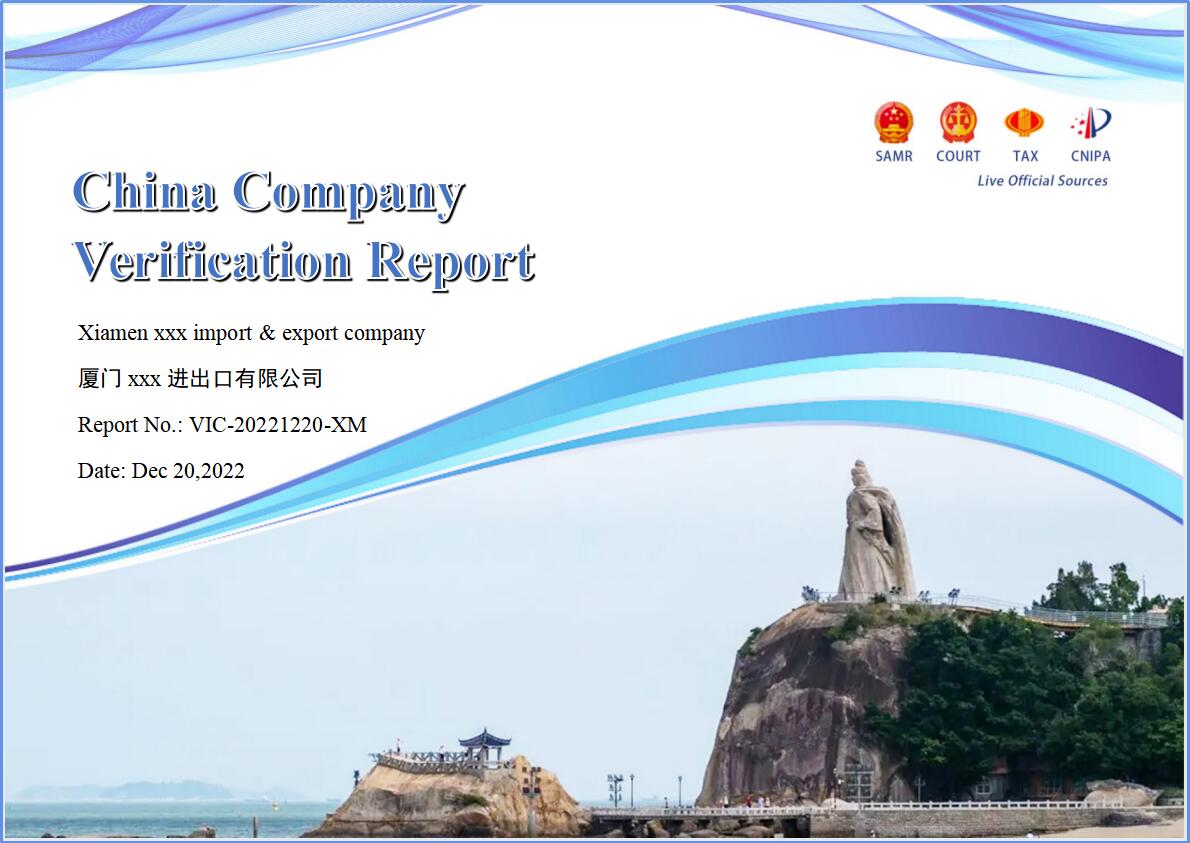Baishan, formerly known as Hunjiang, is a prefecture-level city under the jurisdiction of Jilin Province, located on the west side of Changbai Mountain, adjacent to Yanbian Korean Autonomous Prefecture in the east, Tonghua in the west, Jilin City in the north, and Huishan City of Korea across the Yalu River in the south. Baishan City has jurisdiction over 2 districts, 2 counties, 1 autonomous county and 1 county-level city. Located in the hinterland of Changbai Mountain, Changbai lava platform and Jingyu lava platform cover most of the territory, Longgang Mountains and Lao Ling Mountains across the entire territory, a north temperate continental monsoon climate, the city's total area of 17,485 square kilometers. In 2019, the registered population of Baishan city was 1.165 million, 15, 900 fewer than the previous year. According to the seventh census data, the permanent population of Baishan City is 951,866.
Baishan is known as the "treasure house of three-dimensional resources", "Changbai Forest Sea", "ginseng town", and is one of the main timber producing areas in China. Changbai Mountain Nature Reserve has 60% area in Baishan City. The primeval forest provides breeding conditions for wild animals and plants, and is the hometown of the "three treasures" of Northeast China -- ginseng, mink skin and antler horn. In July 1994, the Ministry of Forestry approved the establishment of a national forest tourism area in Baishan City. On October 9, 2020, it was awarded the fourth batch of national ecological civilization Construction demonstration City and county title by the Ministry of Ecology and Environment.
In 2021, Baishan's GDP reached 54.141 billion yuan, an increase of 6.4% over the previous year based on comparable prices.
Minimize the Risk and Scam
Within 2 Working Day
$ 135 USD
